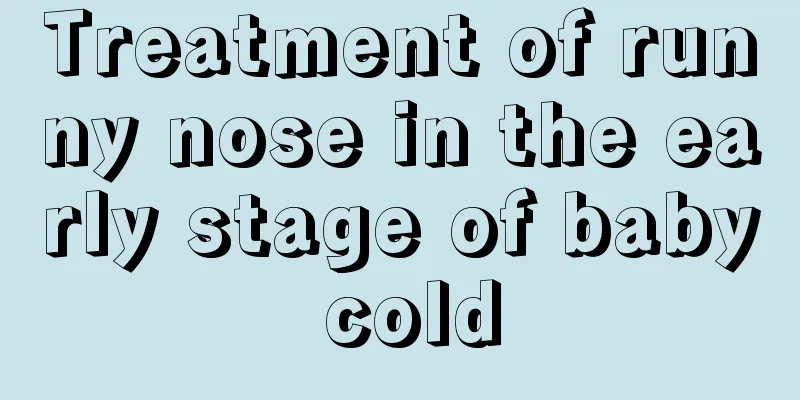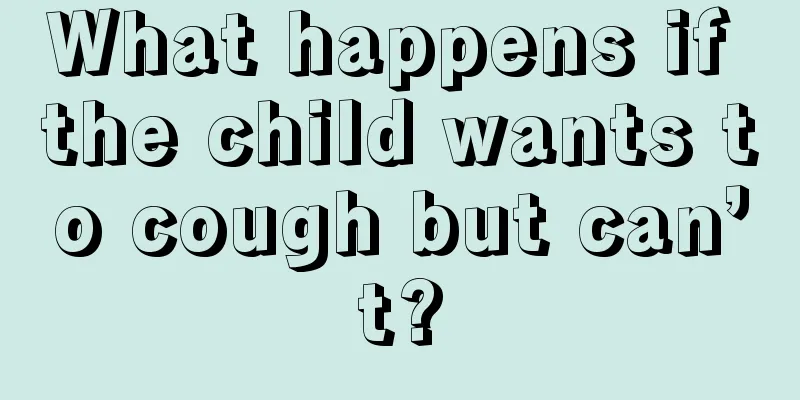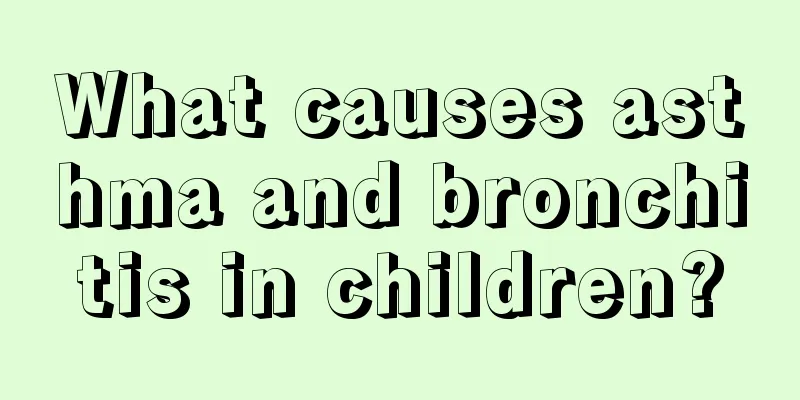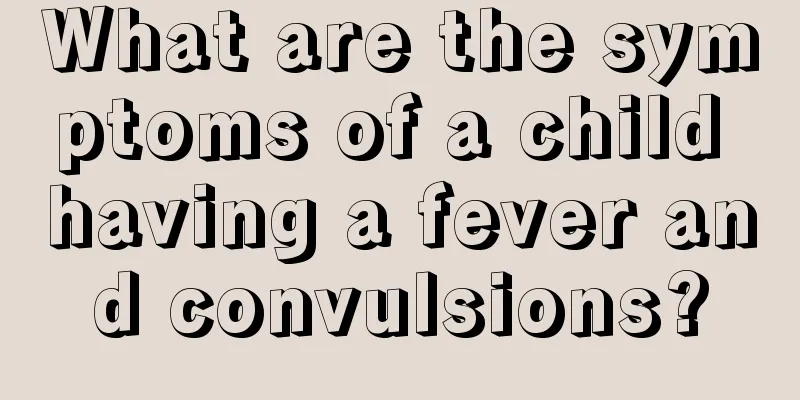What causes rapid breathing in newborn babies during sleep?
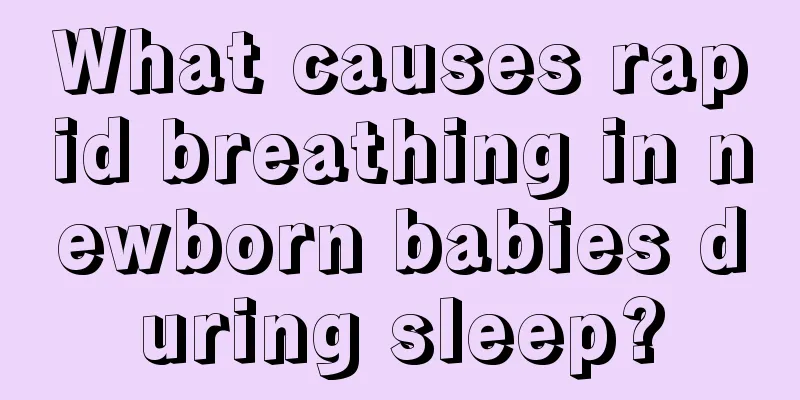
|
Every baby is an angel in the family. From the moment the child is born, the newborn has the ability to breathe independently. However, careful mothers often find that the child's breathing is rapid when feeding the baby, and much faster than normal people. As a mother for the first time, they do not have much experience and knowledge, which makes many parents worried. So what is the reason for the newborn's rapid breathing during sleep? The culprit for the baby's breathing problems The nasal cavity is the main channel for babies to breathe. It can moisten and filter the inhaled air and maintain body health. However, babies are prone to the following 5 types of nasal congestion, which lead to poor ventilation. Cold and stuffy nose Because the baby's body temperature regulation center is not fully developed, the nasal mucosa is tender and weak, and the respiratory tract defense is poor, it is easy to catch a cold. Subsequently, acute edema of the nasal mucosa occurs, causing nasal congestion. Symptoms: nasal congestion and runny nose, slightly red sides of the nose, and sometimes accompanied by fever. Prevention and control measures: 1. About half a month after the baby is born, start to supplement cod liver oil in moderation; start to add complementary foods at 4 months and supplement vitamin A. You can feed some liver puree, carrot puree, and vegetable puree to enhance the defense ability of the respiratory tract. 2. When using air conditioning, the temperature difference between indoor and outdoor should not be too large. The baby's room should be around 28 to 30 degrees Celsius. 3. Use a warm, wet towel to apply heat to the baby's nose (not too hot), twice a day, each time for about 15 minutes. Acute sinusitis nasal congestion Repeated upper respiratory tract infections in babies can affect the sinus mucosa, causing it to become congested and swollen, with increased secretions, which can block the sinus openings and cause acute sinusitis. Symptoms: In addition to nasal symptoms such as nasal congestion, runny nose, and mouth breathing, more serious symptoms include fever, headache, sore throat, and irritability. Prevention and control measures: 1. If your baby has a cold, you should actively seek treatment. 2. Once your baby has acute sinusitis, take him to an ENT doctor in time and choose antibiotics reasonably under the doctor's guidance to completely cure the disease and prevent recurrence. 3. If the baby has severe nasal congestion, you can use 0.5% ephedrine furacillin drops cautiously under the guidance of a doctor, one drop in each nostril 10 to 15 minutes before feeding, and it will usually take effect within a few minutes. However, ephedrine has side effects on babies and is not suitable for excessive or long-term use, so as to avoid causing atrophic rhinitis and affecting the olfactory sensitivity of the nose. 4. When your baby has a lot of purulent nasal discharge, you can ask the doctor to do replacement therapy to clear out the purulent secretions in the sinuses. In fact, the cardiopulmonary function of a newborn is still developing during the year after birth, so it is understandable that it is not well developed. In addition, the child's metabolism is relatively fast, and the newborn's breathing will also be very fast. Therefore, parents do not need to worry. Just take good care of the child, do not let the baby get sick or catch a cold, and protect the child's respiratory system. |
<<: What causes cramps in children?
>>: At what age is it normal to replace teeth?
Recommend
What to do if your baby becomes constipated after changing milk
For babies, the most important things are eating,...
What to do if your child has indigestion
Indigestion is a very common intestinal disease. ...
Children's cough first produces phlegm and then turns into dry cough
Coughing is a very common lung disease in childre...
What to do if your child suddenly complains of a headache
Children are still in the early stages of physica...
The dangers of persistent low-grade fever in infants
For some children, if the fever persists, it will...
How to treat a 2-year-old baby's heavy breathing
My baby's breathing sounds heavy. What kind o...
What to do if your child has spasmodic cough
People will get sick for some reasons in their li...
What should I do if my five-year-old child coughs and has phlegm?
When a child has a cough, the parents are probabl...
How to stimulate children’s appetite?
Nowadays, most families have only one child, and ...
What is the cause of white ringworm on the child's face?
The birth of a little life brings infinite joy to...
Causes of acne on baby's forehead
Acne is a common skin disease. Acne usually appea...
The best time to supplement calcium for infants and young children
Calcium is the most important thing for human gro...
What to do if your child has refractive abnormalities
Children's refractive errors mainly manifest ...
Why does my child keep rubbing his eyes?
It is normal for children to rub their eyes, espe...
What to do if your child has anorexia or picky eating
Children's anorexia and picky eating are thin...

